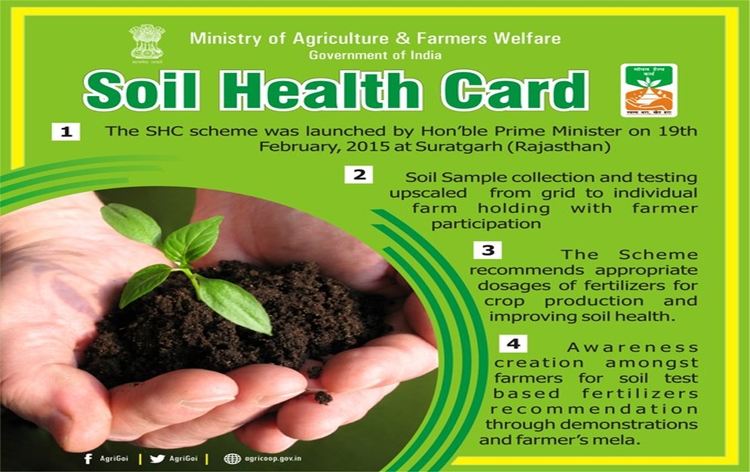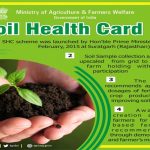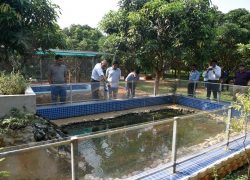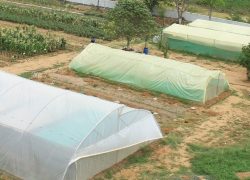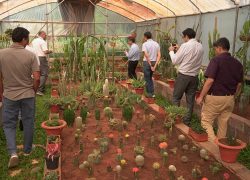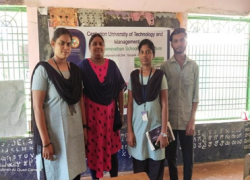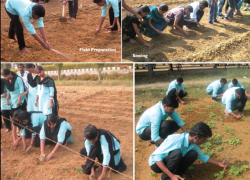Contribution to Conservation and Sustainable Land Management Through Soil Health Cards
The Soil Health Card (SHC) Scheme, a government initiative, exemplifies the commitment to sustainable land management, as per SDG 15 – Life on Land. This visionary scheme operating since 2021 aims to provide farmers with essential information through soil cards, offering crop-specific recommendations on nutrients and fertilizers tailored to their individual farms. The objective is to enable farmers to enhance productivity while ensuring the responsible use of agricultural inputs. This endeavour involves the comprehensive testing of soil samples at various soil testing laboratories across the country. Expert analysis then assesses soil strengths and weaknesses, including micro-nutrient deficiencies, with corresponding recommendations. These insights and guidance are meticulously documented in the soil health cards.
In a collaborative effort with State Governments, the M.S. Swaminathan School of Agriculture has actively engaged in analyzing soil samples and distributing soil health cards. A dedicated Soil Health Monitoring Laboratory was established to facilitate the SHC services. Since its inception and as on 2022, over 200 Soil Health Cards have been issued, with ongoing work involving an additional 140 samples.
The importance of the Soil Health Card scheme in the context of SDG 15 cannot be overstated. It serves as a vital tool for monitoring and enhancing soil quality. Farmers receive well-structured reports, empowering them to make informed decisions about crop selection and cultivation practices. The soil cards provide valuable insights into nutrient deficiencies, guiding farmers towards appropriate crop choices and fertilizer usage. Ultimately, this leads to increased crop yields, reinforcing the sustainable management of land resources as outlined in SDG 15 – Life on Land.
